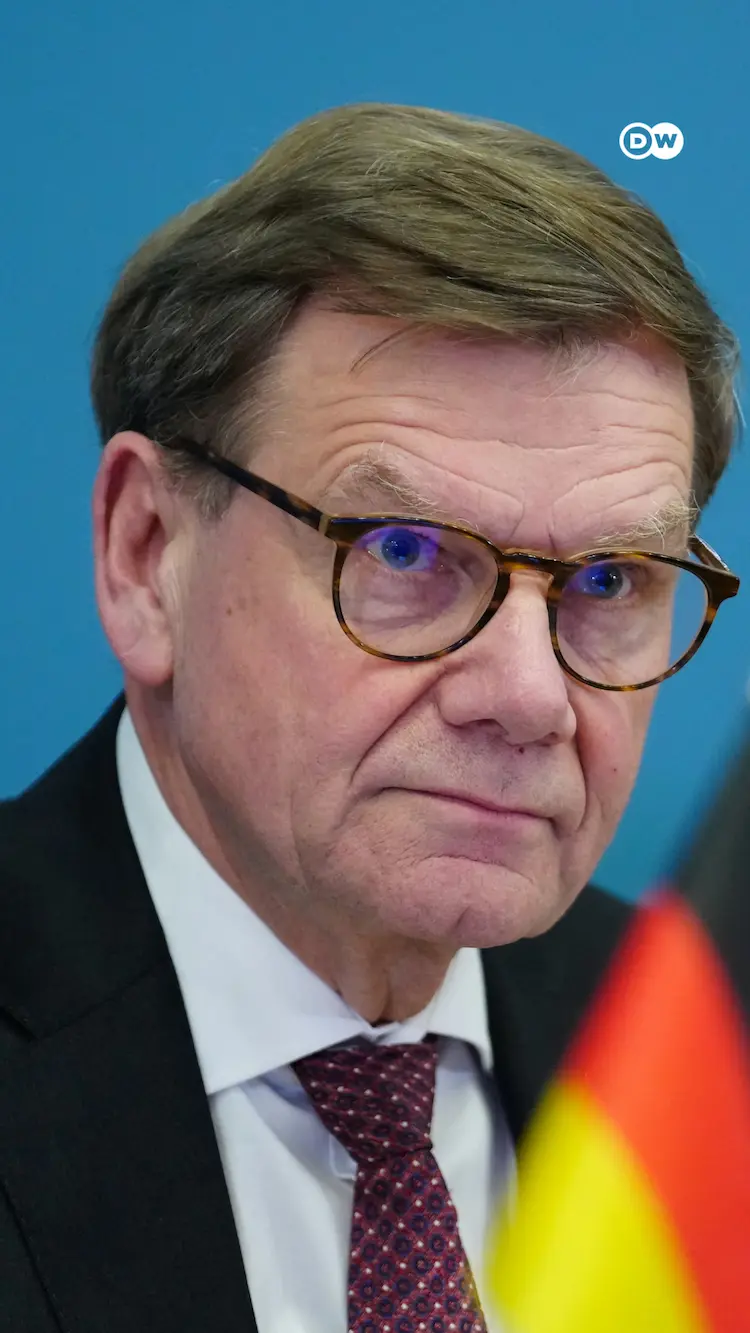UK, Australia, Canada and Portugal recognise Palestine. What does it mean?
Palestine has received a fresh wave of support from countries, marking a significant shift in global policy. Australia, United Kingdom, Canada and Portugal are the newest to join the list of countries that have recognised the state of Palestine.
France, Belgium, Luxembourg and Malta are expected to follow suit during a summit on the future of the two-state solution in New York. Italy and Germany do not plan on recognising a Palestinian state.
On the ground in Gaza, many saw recognition as an affirmation of their existence after nearly two years of war between Israel and the Palestinian Islamist group Hamas.
Australia's Prime Minister Anthony Albanese said the move "recognises the legitimate and long-held aspirations of the people of Palestine", while Portuguese Foreign Minister Paulo Rangel called the two-state solution "the only path to a just and lasting peace".
Israel and the United States have strongly opposed the move. Israeli PM Benjamin Netanyahu even said he would not let a Palestinian state form.
“I have a clear message to those leaders who recognize a Palestinian state after the terrible massacre of October 7: You are giving a huge prize to terrorism. And I have another message for you: It will not happen. There will be no Palestinian state west of the Jordan," Netanyahu said in a message.
The coordinated initiative from the UK, Australia and Canada and long-time allies reflects growing outrage at Israel’s conduct of the war in Gaza and the steps taken by the Israeli government to thwart efforts to create a Palestinian state.
Is Palestine a country now?
The Palestinian state was unilaterally proclaimed by its leadership in exile in 1988. Cut to present day, three-quarters of UN members, or 145 countries, officially recognise it. Now, a total of 13 countries have recognised Palestine since Hamas' attack in Israel on October 7, 2023.
Turns out, the recognition carries largely symbolic and political weight. It means three-quarters of countries say that Palestine meets all the necessary conditions to be a state. And that's about it.
But international law does ascertain one thing: Recognition does not mean that a state has been created, no more than the lack of recognition prevents the state from existing.









